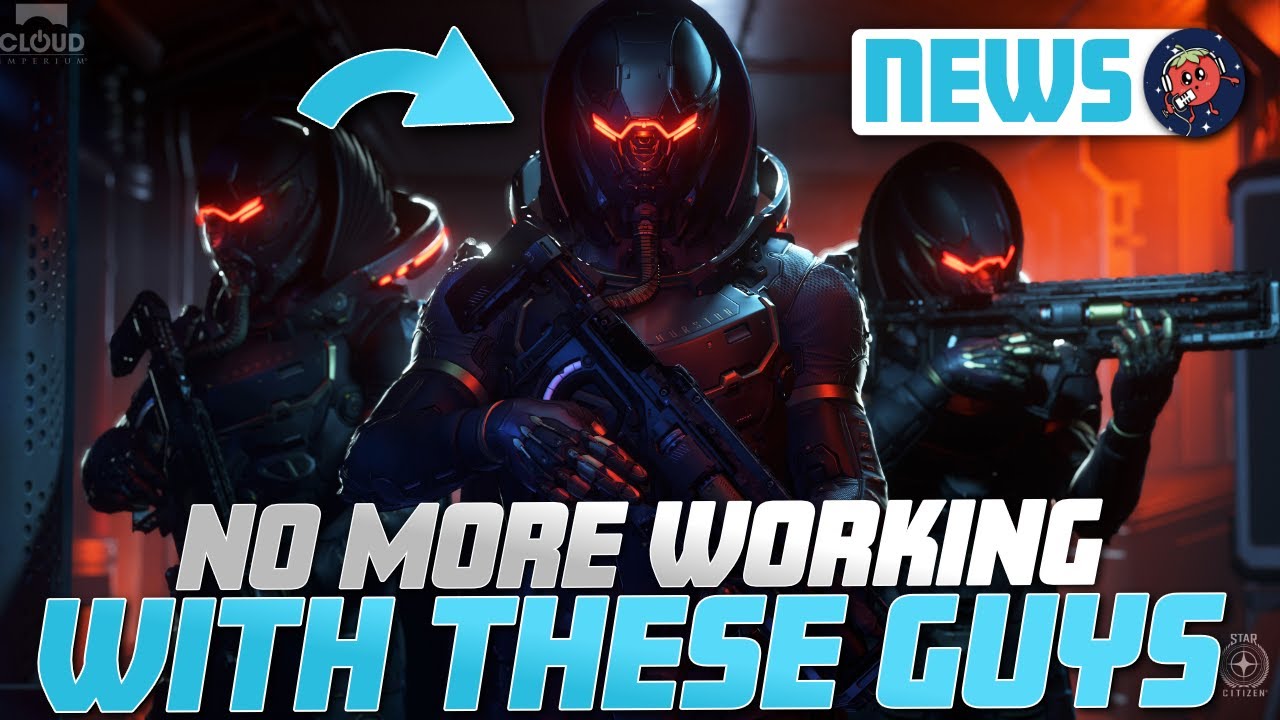The video explains that Star Citizen’s reputation system is shifting from localized, faction-specific mechanics to a more streamlined, system-wide approach aimed at simplifying gameplay. While this change is intended to make reputation more impactful and easier to manage, it raises concerns about losing nuanced, localized interactions and the potential impact on player consequences.
The video discusses significant upcoming changes to the reputation system in Star Citizen, highlighting a shift from localized, faction-specific reputation mechanics to a more streamlined, system-wide approach. The developers are planning to reduce the number of factions that players can actively build long-term reputations with, focusing instead on larger, overarching factions that span multiple star systems. This change aims to simplify gameplay and reduce complexity, but it also raises concerns about the loss of localized interactions and consequences that made reputation meaningful on individual planets or within specific communities.
The speaker explains that early versions of the reputation system included many small, localized factions, which allowed players to influence their standing within specific areas or organizations. However, this approach proved too complex and difficult to manage, leading developers to scale back to broader factions with more distinct identities. The goal is to create a more cohesive experience where reputation with larger factions affects gameplay across entire systems, rather than just individual planets or local groups. This shift is intended to make reputation more impactful and easier to track, but it also means losing some of the nuanced, localized gameplay elements.
There is concern about how this change will impact gameplay dynamics, particularly in terms of consequences for player actions. The current system allows for reputation-based reactions from factions and security forces, which can influence whether players can access certain locations or carry weapons. With the new system reducing the number of local factions and their influence, players worry that malicious or criminal actions might no longer have meaningful repercussions, potentially allowing for more indiscriminate behavior without consequences. The developers acknowledge these concerns but emphasize that they are aiming for a more controlled and manageable reputation system.
The conversation also touches on how reputation will influence interactions, missions, and character relationships in the future. The developers plan to introduce reputation effects that extend beyond just combat or criminal activity, including social interactions, clothing choices, and mission outcomes. They highlight that reputation will be tied to actions like talking to NPCs, raiding ships, or entering restricted areas, adding depth to player choices. However, there is uncertainty about how smaller factions, gangs, or crime groups will be integrated into this new framework, especially in systems without detailed crime stats, raising questions about how player actions will be perceived and responded to.
Overall, the video reflects a mixture of excitement and concern about the upcoming changes. While the developers believe that a more unified, system-wide reputation approach will enhance gameplay and narrative possibilities, many players worry about losing the rich, localized interactions that made reputation meaningful in the first place. The shift represents a significant departure from the previous design, and the speaker emphasizes the importance of observing how these changes develop over time, acknowledging that compromises are often necessary in the ongoing process of building Star Citizen.
